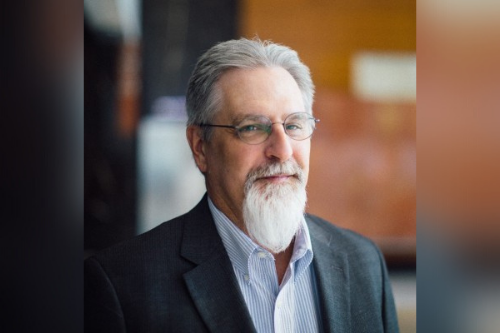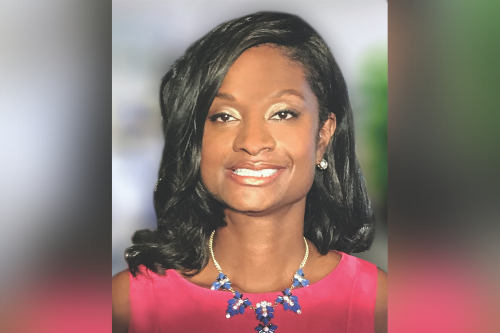

Many people only realise the true importance of Diversity, Equity, Inclusion & Belonging (DEI&B) initiatives when they have a personal experience highlighting the matter – and Fred Dabney (pictured above, senior vice president of affiliated agent personal lines at QBE) certainly has a unique story to tell.
“I’m a middle-aged white guy who rides a motorcycle and is a member of a charitable riding organization,” he explains. “As a biker, I get together with my biker brothers and sisters for a ride, wearing leather jackets and boots. On one such occasion, a family saw us sitting at a table in an outdoor restaurant and they looked anxious. They took pains to walk clear around us. And I realized: ‘wow, they’re walking around me because I’m making them feel uncomfortable’.”
“I felt, really for the first time in my life, excluded. And that was just a one-time event. It stopped me in my tracks and made me think about other people who experience exclusion on a regular basis. My first thought after this happened was to reflect on what I could do about this, so it doesn’t happen on my team, at my organization, and to people I care about.”
“Fred’s story resonated strongly with me,” reflected Michele Lamarre (pictured below, North America inclusion, belonging & diversity officer, QBE), who happened to be scheduling a QBE ‘Candid Conversation’ employee listening session. These are forums where employees are provided a safe space to discuss all things related to inclusion, diversity, and belonging. “Fred contacted me about wanting to participate. His timing was perfect – but more importantly, his search for a way to improve teamwork was inspiring to hear.”

This proved to be the start of a very educational journey for Dabney, who found his eyes opened to previously unseen challenges.
“Though I don’t personally know what it is like to be a woman, a person of color, or any other dimension of diversity in Corporate America today,” he said, “I thought that I was always good at understanding and motivating people. But I realized I’m nowhere near as good as I need to be in my understanding of people who are not in the majority or lack positions of power in society. I wanted to participate in the Candid Conversation to learn and to listen … to go from a 50% understanding of why people may feel excluded to a 75% understanding, as a start.”
It’s an approach that many business leaders would be wise to follow. A recent report suggests that employee inclusion and belonging results in a much higher level of job productivity, but a lack of it increases absenteeism and turnover. How can leaders make sure this doesn’t happen on their watch?
“A good start is to actively listen,” Lamarre explained. “Listening when people are speaking and stopping yourself from preparing an immediate response goes a long way. It shows that you’re paying attention and truly present. When people believe D&I is really important and can’t be compartmentalized – meaning something you do at work but not in any other aspects of your life – it creates this wonderful fluidity that flows across everything you do.
“Every one of us experiences feelings of exclusion or not belonging, whether you’re a person of color or in Fred’s instance a white male. We all have bias in some form—automatic attitudes or stereotypes that affect our understanding, actions, and decisions in an unconscious manner. It doesn’t mean you’re not a good person or weren’t raised right. They’re innate in all of us.”
It might not be an easy path to take at first, Dabney mused – but the rewards, both personal and organizational, are well worth reaping.
“The changes I’ve started making, honestly, are baby steps compared to where I want to get,” he said. “But I did learn to listen better and to encourage people to provide their thoughts and ideas. If every leader made the effort to get better at inclusion and really demonstrated leadership behaviors where everybody’s voice is heard, they’d learn that the collective moves on its own.”
